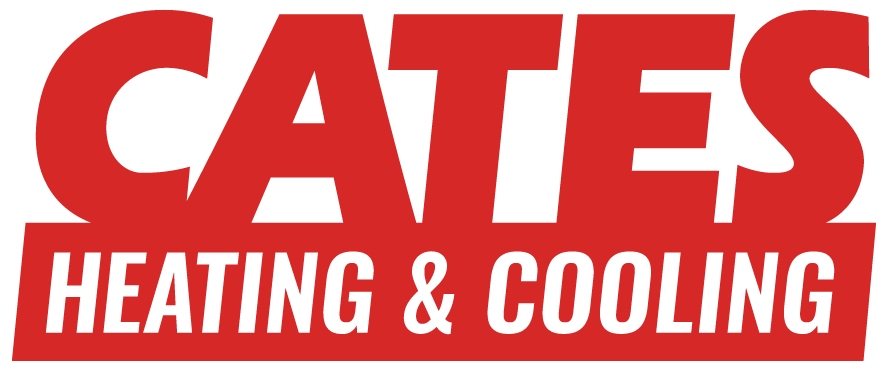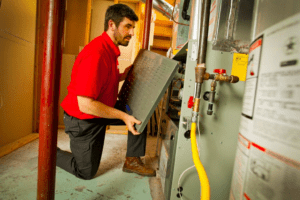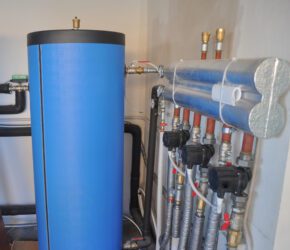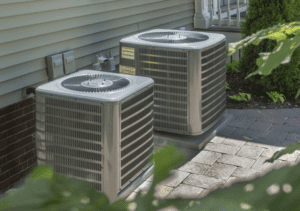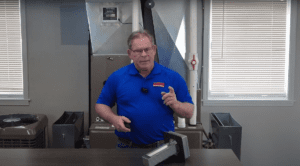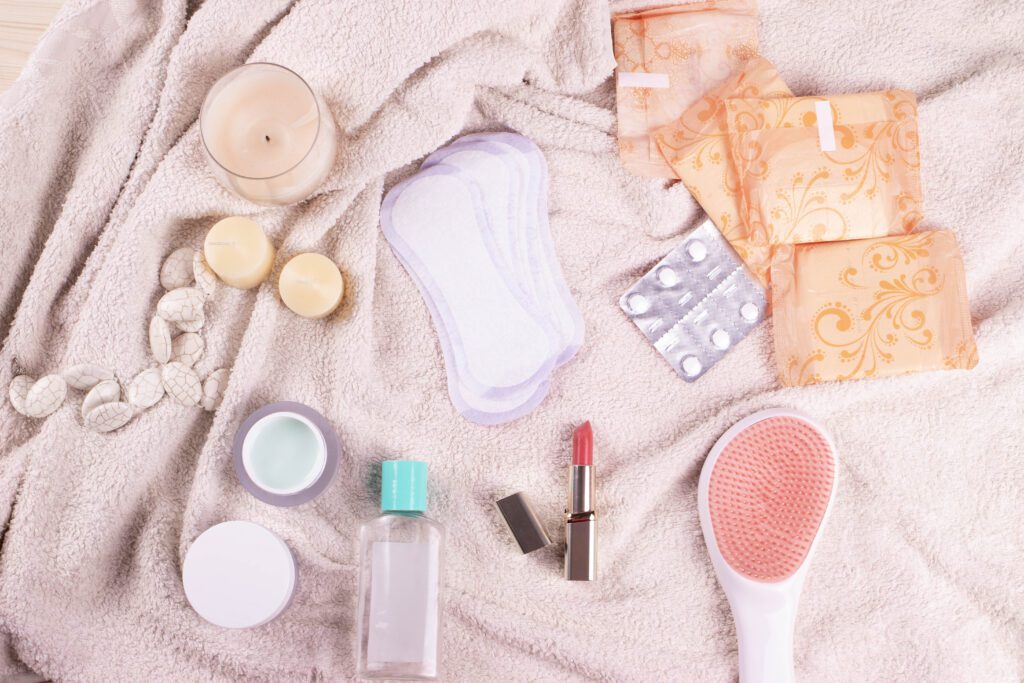Have you ever wondered why your toilet keeps blocking? Research indicates that 27% of U.S. adults claim to experience toilet blockage each month, translating to approximately 28 million clogged toilets per month and millions of dollars in extra plumbing bills. But what can you do to prevent toilet blockages? Isn’t it just one of those unfortunate hassles of life?
As a homeowner, you can put your best foot forward in protecting your pipes and the entire sewer system simply by learning what not to flush down your drains. Flushing the wrong things down the toilet drain can cause severe damage to your sewer system or cause a sewer backup in your home. To ensure that your toilet stays clog-free, here are the top things you should never flush down the toilet:
-
Flushable Wipes
Wipes should never be flushed down the toilet – yes, even the “flushable ones!” According to experts at American Water, flushable wipes should never go down the toilet drain, even if the packaging states otherwise. Unfortunately, these seemingly “plumbing-friendly” wipes cause thousands of plumbing system backups yearly.
“Flushable wipes” is unfortunately misleading product labeling, and whether the packaging states “septic safe” or “flushable,” it makes no difference as they should never be flushed. In fact, utilities urge customers to ignore the “flushable” labels on wipes, which are increasingly used by people attempting to find a more convenient alternative to toilet paper.
-
Paper Towels and Facial Tissues
Facial tissues and paper towels are made differently from toilet paper. While they might look similar, these paper products are fundamentally different from toilet paper and should not be flushed. While toilet paper is designed to dissolve in the sewage system, paper towels and facial tissues do not have the same breakdown potential. They can eventually lead to toilet clogs or clogs at your public sewer treatment facility or even in your own piping.
-
Cotton Balls, Rounds, or Cotton Swabs
Cotton balls, rounds, and swabs are other hygiene products that should never flush down the toilet. Cotton products are excellent water absorbers, but unlike toilet paper, they don’t break down as quickly and are not likely to disintegrate quickly in the toilet. Because they’re small and flexible, many homeowners assume they break down quickly, making them one of the leading causes of many toilets.
-
Feminine Hygiene Products
Proper disposal of feminine hygiene products has always been a problem globally. Tampons, pads, and other feminine hygiene products can easily cause severe clogs in your toilet pipes and should never be flushed. While most tampons contain no plastic, you should not flush them down the toilets, contrary to popular belief. Like pads, Healthline suggests that flushed tampons can cause sewage backflow and a potential health hazard and should be wrapped in a sanitary bag and disposed of in a trash can.
-
Dental Floss
Stringy products are always a concern in plumbing because they can entangle and clump with other waste. Flushed dental floss often gets tangled up with the rest of the debris in the sewer line and can also mix with hair, paper towels, or other inappropriate items flushed, creating huge lamps of waste that will clog or block pumps and sewers.
-
Baby and Cosmetic Wipes
Both cosmetic wipes (such as make-up removal wipes) and baby wipes are detrimental to the toilet drains and the main sewer. Even though baby and cosmetic wipes are soft and thin, they have a complex texture, meaning they are not decomposable and will not dissolve in water. Baby and cosmetic wipes are a huge problem to our modern sanitary systems and are responsible for many global toilet blockages.
-
Condoms
There’s no reason you should flush a condom (or any plastic product) down the toilet. Not only do condoms end up in public waterways, but they are also non-biodegradable. When you flush latex condoms, and other latex products such as disposable gloves, down your toilet, your septic tank can clog, causing severe problems in the entire sewer network and becoming an environmental nightmare.
-
Diapers
Diapers are only meant to absorb water and should not be flushed down the drain! Unfortunately, toilets are not designed for diapers; not only are they far too large to pass smoothly through a plumbing system, but they do not break down in the water. Flushing diapers down your toilet will cause a severe pipe clog that requires professional intervention to avoid more damage.
-
Contact Lenses
Disposing of your contact lenses by flushing them in the toilet can cause problems for your domestic drains, public sewers, and broader environmental issues. INSIDER indicates that about 15-20% of wearers flush their used contact lenses down the toilet or sink.
Disposed contact lenses are directed to wastewater plants and broken down into microplastics. The lenses swirl around in the ocean and are eaten by sea creatures as food, meaning they end up in the food chain harming the environment and even eventually getting consumed by human beings – how’s that for karma!
-
Medications
Have you ever flushed your old pills down the drain? Or perhaps you’ve seen people flushing their medications in movies? Medications can cause severe damage when you wash them down your toilet. Drugs contaminate wastewater, leading to toxic environmental effects such as the harmful impact on water resources, and are much better and safer to dump in a secure trash can.
Knowing what not to flush down the toilet will save you from unnecessary plumbing costs. Suppose you want a more reliable solution to your plumbing system. In that case, Cates Plumbing can help you solve and fix any plumbing issue. We also offer the Cates Care Complete Protection Package, which covers professional plumbing, HVAC, and electrical maintenance services, saving you money, and time, and all around relieving the burden of your home maintenance troubles.
